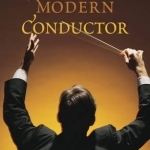
A Dictionary for the Modern Conductor
Book
Titles in Dictionaries for the Modern Musician: A Scarecrow Press Music Series offer both the novice...
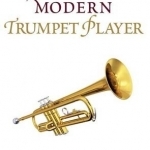
A Dictionary for the Modern Trumpet Player
Book
Titles in Dictionaries for the Modern Musician series offer both the novice and the advanced artist...
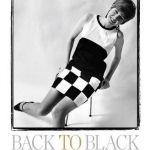
Back to Black: Cilla. The Authorised Photographic Memoir
Book
The stunning images contained within these pages celebrate Cilla Black's remarkable showbusiness...
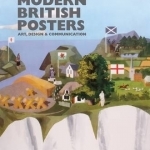
Modern British Posters: Art, Design & Communication
Book
Modern British Posters explores the interaction between modern art and graphic design in Britain...
Pulcinellopaedia Seraphiniana
Book
From the intriguing mind behind Codex Seraphinianus comes this beautifully illustrated tribute to...
Along Some Rivers: Photographs and Conversations
Robert Adams and Richard B. Woodward
Book
Robert Adams, one of America's foremost living photographers, has spent decades considering and...
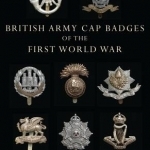
British Army Cap Badges of the First World War
Book
The fascination with the British involvement in the First World War extends to all aspects of the...
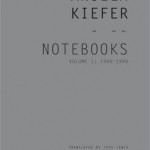
Notebooks, Volume 1, 1998-99: Volume 1
Book
"For a long time, it was not clear if I would become a writer or an artist," says Anselm Kiefer,...
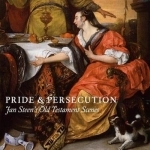
Pride and Persecution: Jan Steen's Old Testament Scenes
Robert Wenley, Nina Cahill and Rosalie Van Gulick
Book
The Leiden-born artist Jan Steen (1626-1679) is widely admired as one of the most engaging and...
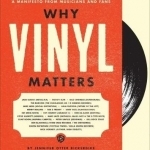
Why Vinyl Matters: A Manifesto from Musicians and Fans
Book
"It's the ritual element of it. It's running your finger down the side of the record, trying to open...
